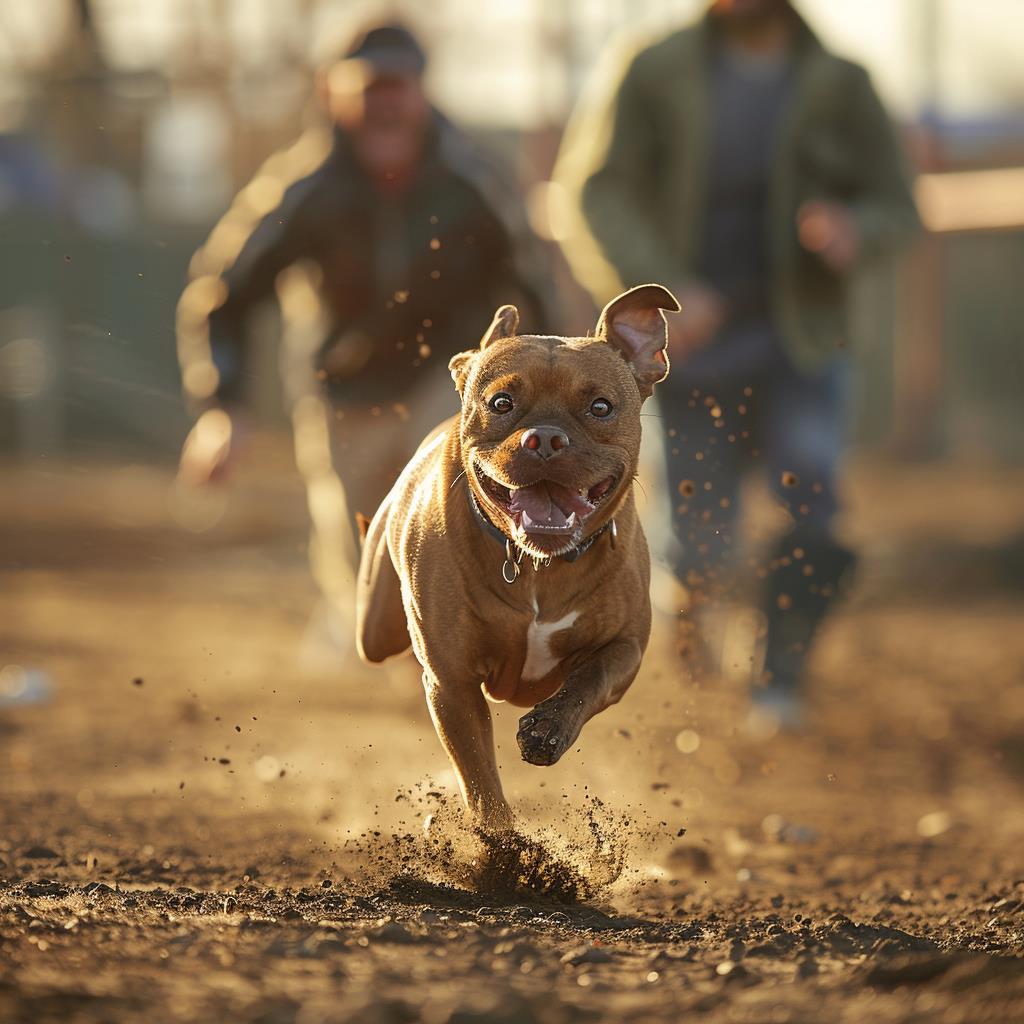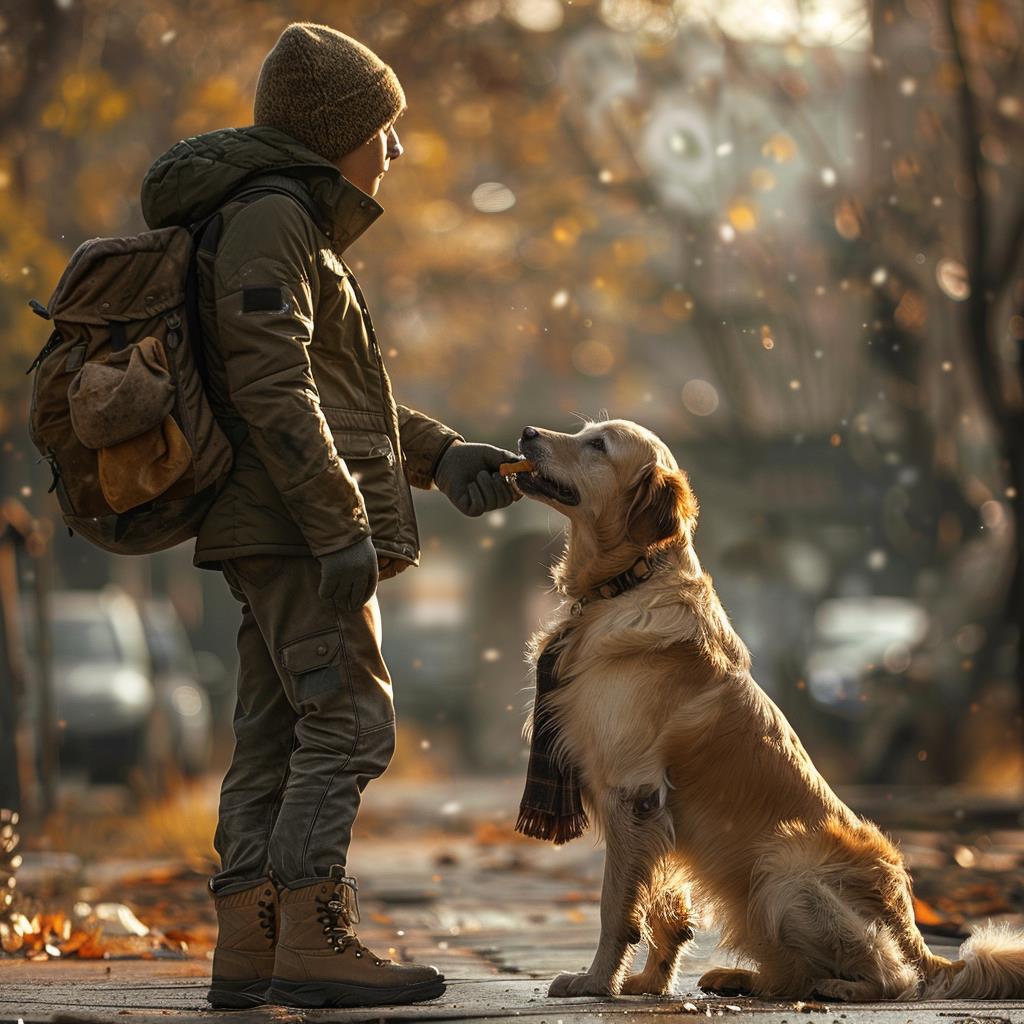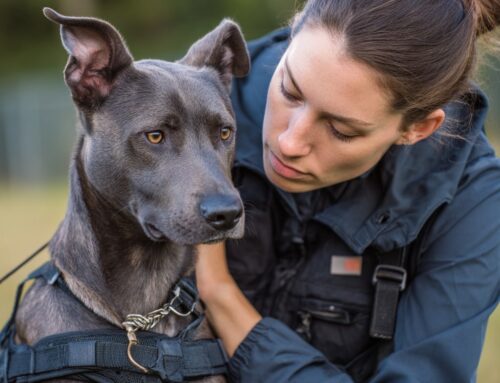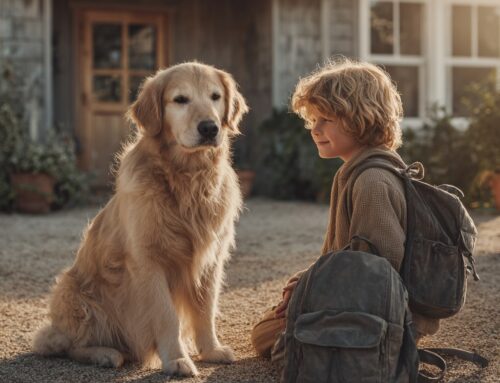Recall, or the ability to call your dog back to you on command, is one of the most fundamental and essential commands for any dog owner. Yet, many dog owners struggle with getting their dog to come when called. If you’ve found yourself frustrated by your dog’s lack of response to your recall cue, you’re not alone. We’ll explore the reasons why your dog may not be coming when called and provide practical strategies to help you teach your dog this recall cue.
Recall is not just a matter of convenience; it’s a crucial aspect of your dog’s safety and well-being, especially in potentially dangerous situations like approaching traffic or encountering aggressive animals at a dog park. Despite its importance, achieving reliable recall can be a challenging task for many pet parents. Whether you’re dealing with a stubborn puppy or an older dog set in their ways, understanding the underlying reasons behind their reluctance to come when called is the first step towards addressing the issue effectively. In this we’ll get into the common obstacles that hinder recall success and offer actionable techniques to overcome them, empowering you to strengthen your bond with your canine companion and ensure their responsiveness in any situation.
Understanding Why Your Dog Won’t Come
When Called
The ability to call your dog back to you on command, is a fundamental aspect of obedience training. However, achieving reliable recall can be challenging due to various factors that may hinder your dog’s responsiveness. Understanding these factors is crucial for addressing the root causes of your dog’s reluctance to come when called and for later teaching recall. From lack of training to underlying health issues and the impact of fear or anxiety, each obstacle requires a tailored approach to overcome to train your dog this verbal cue. We’ll explore the common reasons why your dog may not be coming when called and provide actionable strategies to help you overcome these challenges and foster a stronger bond with your canine companion.
Lack of Training
Training is the cornerstone of any dog’s obedience and behavior. If your dog hasn’t been adequately trained to respond to the recall command and for your dog to come back, it’s unrealistic to expect them to do so reliably. Training takes time, consistency, and patience, especially when wanting to perfect recall for most dogs. It’s important to recognize that training is an ongoing process that requires continuous reinforcement and practice. Even well-trained dogs may need periodic refresher sessions to maintain their recall skills. By investing the time and effort into consistent training to a good recall, you’ll not only improve your dog’s responsiveness but also deepen the bond and trust between you and your canine companion.

Distractions
Dogs are naturally curious creatures, and they can easily be distracted by their environment. Whether it’s the sight of other dogs during dog runs, an enticing scent, or the allure of a squirrel, your dog’s attention may be drawn away from you when you call them. Minimizing distractions during training sessions is essential for building your dog’s focus and responsiveness.
Fear or Anxiety
If your dog associates coming to you with something negative, such as punishment or being scolded, they may develop fear or anxiety around the recall command. It’s crucial to create a positive association with the recall command by using rewards, praise, and positive reinforcement techniques.
Health Issues
Physical discomfort or pain can significantly impact your dog’s willingness to move or respond to commands. If you notice any changes in your dog’s behavior or how they’re moving when walking around, it’s essential to consult with your vet to rule out any potential health issues with your pup.

Unpredictable Consequences
Consistency is key when it comes to training your dog. If your dog receives unpredictable consequences for coming when called, such as punishment or being put on a leash, they may become hesitant or reluctant to respond to the recall command in the future.
Age and Development
Young dogs, particularly puppies, may have shorter attention spans and may not yet have learned to reliably respond to commands. Patience, consistency, and age-appropriate training techniques are essential for teaching puppies the recall command.
Practical Strategies to Improve Your Dog’s Recall
Now that we’ve explored the various reasons why your dog may not be coming when called, it’s time to dive into practical strategies to overcome these challenges and enhance your dog’s recall skills. From positive reinforcement training to minimizing distractions with a low distraction environment and building trust and confidence, each strategy plays a crucial role in shaping your dog’s responsiveness to the recall command. By incorporating these techniques into your training routine and maintaining patience and consistency, you’ll be well on your way to fostering a stronger bond with your furry companion and ensuring their safety and obedience in any situation.
Positive Reinforcement Training
Positive reinforcement is one of the most effective methods for training dogs. When your dog comes to you when called, reward them with treats, toys, or praise. Make coming when called a rewarding and enjoyable experience for your dog.

Minimize Distractions
Start training in a quiet and familiar environment, free from distractions. As your dog becomes more proficient at responding to the recall command, gradually introduce distractions in a controlled manner to help reinforce their training.
Build Trust and Confidence
Build a strong bond with your dog based on trust and mutual respect. Avoid using the recall command to call your dog away from enjoyable activities or experiences, as this can erode their trust and confidence in you.
Practice, Practice, Practice
Consistent and frequent training sessions are essential for reinforcing your dog’s recall skills. Practice the recall command in various settings and situations to help generalize their training and ensure reliability in real-life scenarios.
Use High-Value Rewards
Use high-value rewards, such as your dog’s favorite treats or toys, to motivate them to come when called. Reserve these special rewards for recall training sessions to make them more enticing and rewarding for your dog.
Be Patient and Consistent
Each dog is unique, with their own personality, temperament, and learning style. What works for one dog may not necessarily work for another. Understanding and respecting these individual differences is essential when it comes to training your furry companion. Some dogs may be quick learners, eager to please, and respond well to positive reinforcement, while others may be more independent or sensitive, requiring a different approach. It’s crucial to tailor your training methods to suit your dog’s specific needs and preferences.
Additionally, progress may take time, and setbacks are to be expected along the way. Consistency and patience are key virtues in the training process. Remember that building a strong foundation of obedience and trust with your dog is a journey, not a destination. By embracing the unique qualities of your canine companion and maintaining a positive and consistent training regimen, you’ll forge a deeper bond and achieve lasting success in your training endeavors. Rome wasn’t built in a day, and neither is a well-trained dog. Be patient with your dog and consistent in your training efforts.
Forging a Lifelong Bond Through Dog Training
Mastering recall is an achievable goal for any dog owner with patience, consistency, and positive reinforcement training techniques. By understanding the reasons why your dog may not be coming when called and implementing practical strategies to address these challenges, you can build a strong and reliable recall response in your furry companion. Remember, training takes time and effort, but the rewards of having a well-trained and obedient dog are immeasurable.

But teaching your dog to come is a journey that requires patience, consistency, and understanding. By addressing the potential reasons why your dog won’t come when called and implementing practical training strategies, you can strengthen the bond with your furry companion and ensure their safety and well-being. However, if you find yourself facing challenges that seem insurmountable, remember that professional help is available.
Performance K9 Training and Boarding offers a comprehensive 2-week board and train program designed to address common dog challenges, including recall training. Led by founder David Greene, their Basic Behavior Modification Program focuses on building a solid foundation of obedience training to address behavioral issues effectively. With a commitment to pet parent satisfaction, Performance K9 Training provides personalized attention and tailored solutions to meet the unique needs of each dog. If you’re ready to take the next step in enhancing your dog’s training and behavior, contact Performance K9 Training and Boarding today for a free consultation and start your journey towards a happier, more obedient canine companion.








